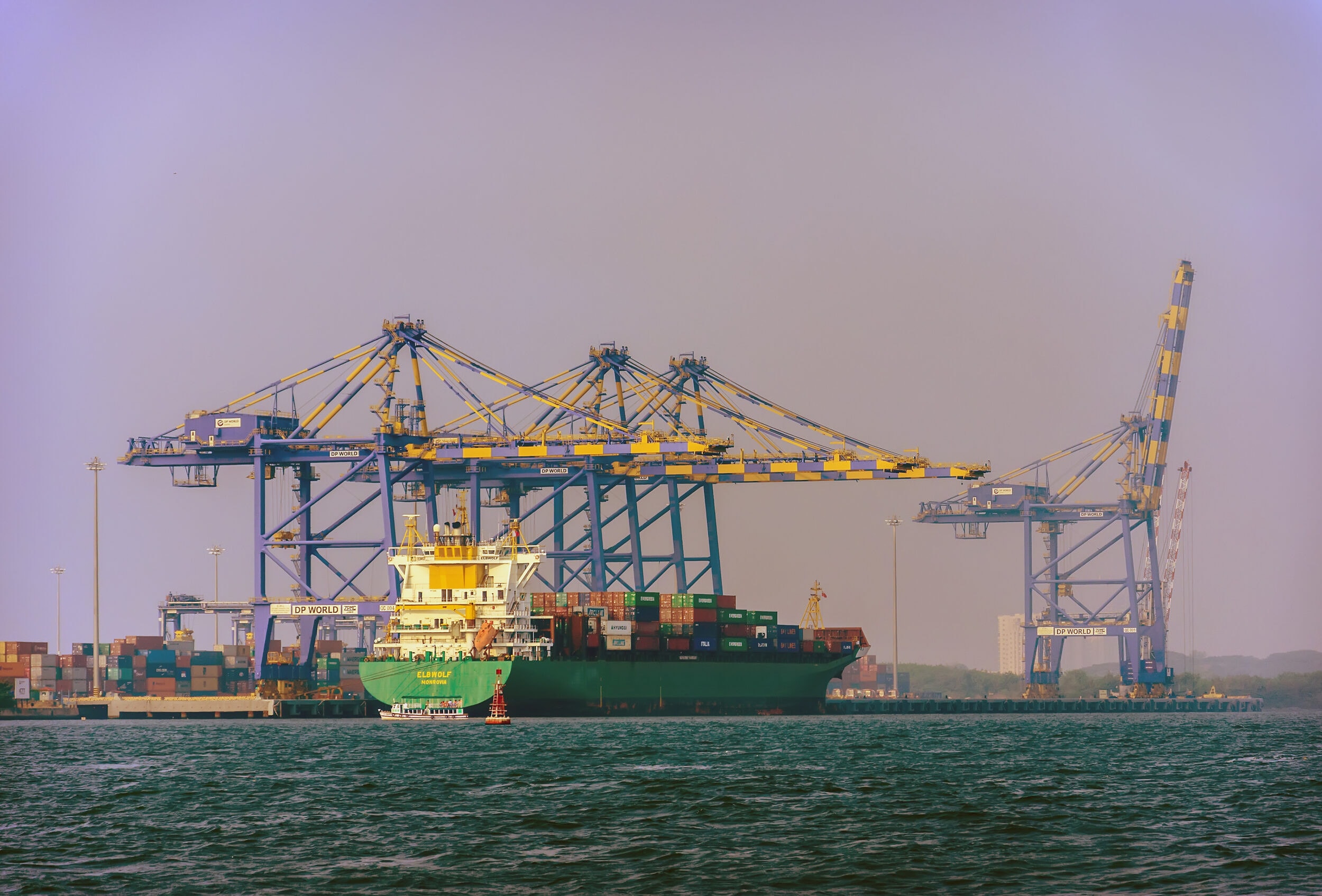When you start selling your products internationally, running a business suddenly becomes more complicated. Things you never had to worry about are all at once on your mind whenever you prepare a package for shipment or complete a transaction.
Am I following all the federal regulations when selling to customers outside the country? Is it legal to ship this item to the country where my customer lives? Is it legal for me to conduct business with this specific customer? What if my company operates outside the United States, for example, out of India or Southeast Asia? What are the stipulations for selling goods directly from these countries to surrounding countries?
Whether your business is large or small, if you sell outside the United States or operate in India or Southeast Asia, you are now subject to several export regulations. You could face harsh penalties if you don’t comply.
The last thing you want to deal with is hefty fines that could add up to 1 million dollars or, worse yet, end up in prison.
Export control and compliance are no small matters.
Unfortunately, while most big businesses have legal advisors who keep up with the latest export procedures, most small businesses don’t have those resources.
If you sell products outside of the United States, how can you be prepared with the best practices for export control and compliance?
For starters, check out a few of our recommendations so you can keep your business profitable and safe while exporting goods abroad.
Best Practices for Export Control and Compliance
The export laws in every country vary, so staying up to date with the specific requirements and prohibitions of the country where you operate your business is essential.
For example, United States export laws prohibit the sale of products outside the country that could be used to create things like weapons of mass destruction. These are known as “dual-use” products.
While the product itself is not dangerous, getting it into the wrong hands could lead to the product being used as a weapon. The same laws apply in India.
On the other hand, some Southeast Asian countries, including Vietnam, Thailand, Indonesia, and the Philippines, have yet to put measures in place for dual-use goods.
If you’re operating your business from within these countries, you must ensure that you’re conducting business legally and ethically by following these best practices.
Ensure Proper Material Classification
Certain materials require a special export license to be shipped internationally. If you’re unsure if your products require an export license, you can check the U.S. Export Administration Regulations or the regulations of the countries where you are primarily exporting goods.
If the materials you’re selling fall under the “controlled” category, you will need to apply for an export license within the country you are conducting business. These materials will have a five-character code that you can use to determine why the material is controlled and how to apply for a license if necessary.
Some products are not controlled by government agencies but may still be restricted if you export to certain countries.
Understand Tariffs and Duties for Importing and Exporting Goods Abroad
Every country has different tariffs and duties that depend on export AND import location. For example, import tariffs are high for importing goods from China to the U.S., but they are low from China to Canada or from Canada to the U.S.
Therefore, it’s essential to have a complete picture of tariffs and duties for each country you are exporting from and importing to.
Most countries have several tariffs and duties that apply, including:
- Basic customs duty
- Customs surcharge
- Additional duty of customs
- Special additional duty
- Other duties that apply based on the classification of your goods
To save the most time and headache, research which duties apply to you and if you’re eligible for any exemptions.
Screen Possible End Use of Products
Some harmless products can be used in ways that are not intended and could harm the user and others. As a business owner, it is your responsibility to know how the product will be used once it is outside of the country.
There are several red flags that could indicate that your product will be misused. Some of them include:
- The customer is vague about their intended use of the item
- Item is not typically used with the customer’s business
- The customer pays in cash on items that usually require financing
- The customer declines maintenance or initial setup
- Abnormal shipping route or destination
Screen All Parties in Your Export Transaction
Most governments keep a list of organizations and individuals that you are restricted from conducting business with, regardless of the type of product sold.
In most cases, these parties are identified with organizations that are involved in terrorism, producing weapons of mass destruction, drug trafficking, or others with suspended export privileges. This list also includes parties within the country where you sell goods.
Protecting Your Business When Operating in Southeast Asia and Beyond
In this modern age, it is easier than ever before to operate your business overseas, saving you money and expanding your customer reach. Unfortunately, the exportation laws and regulations vary so much from country to country that if you’re not careful, you could become liable for selling restricted goods or selling to forbidden parties.
How can you protect your business? Following these best practices will give you a good start.
However, screening every customer and checking the various restricted party lists can be time-consuming and not always accurate. That’s where OCR’s Watch List Screening software comes in.
Watch List Screen software gives your business a fast and easy way to check all individuals, companies, and countries currently restricted, denied, or prohibited by the government. Better yet, you’ll get a complete auditable trail, so if there are any discrepancies, you can prove you did your homework before exporting to restricted parties unknowingly.
To learn more about our best-selling software, how it works, and how your business can benefit from it, request a free consultation today!
Reference Links:



